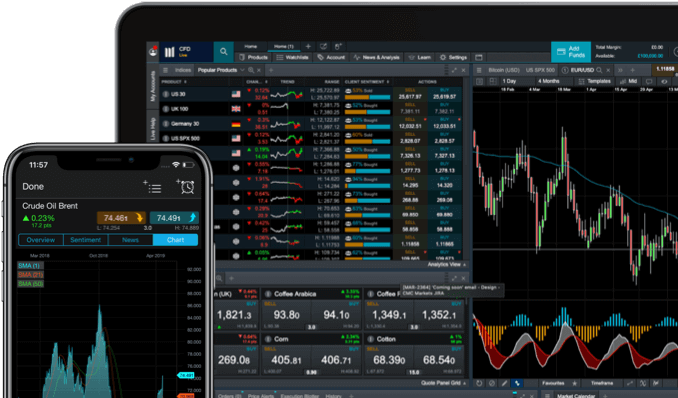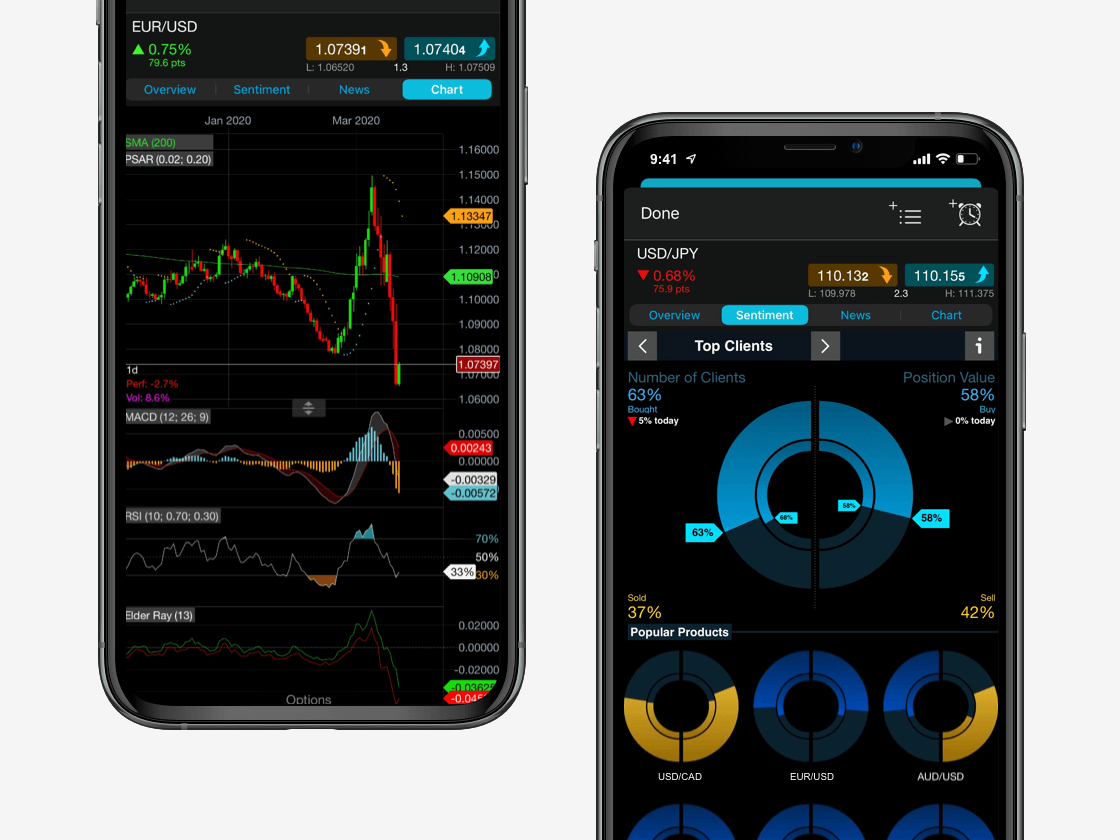Share trading is the process of buying and selling stocks within the share market with the aim of making a profit. This involves taking direct ownership of the asset. If you decide to purchase the instrument at spot price, then your ownership stake will be a percentage of how many shares you decide to invest in. On the other hand, when speculating on the price movements of shares with a spread betting or CFD trading account, you do not physically own the underlying asset but instead, you are essentially opening a position and placing a bet on whether you think the stock price will increase or decrease. Profits will depend if the markets move in your favour or not.
The treasuries market is made up of corporate, municipal and government bonds, also known as gilts in the UK. Bonds are fixed-income instruments that represent a long-term lending agreement between a borrower and a lender, often with the aim of financing external projects. The contracts are drawn up with a future maturity date, either short-term (up to 3 years), medium-term (around 10 years) or long-term (around 30 years). The borrower also promises to pay a fixed or variable interest rate, depending on what is agreed at the start of the contract. Read our article on ‘what are bonds?’ for more information about bond trading.



